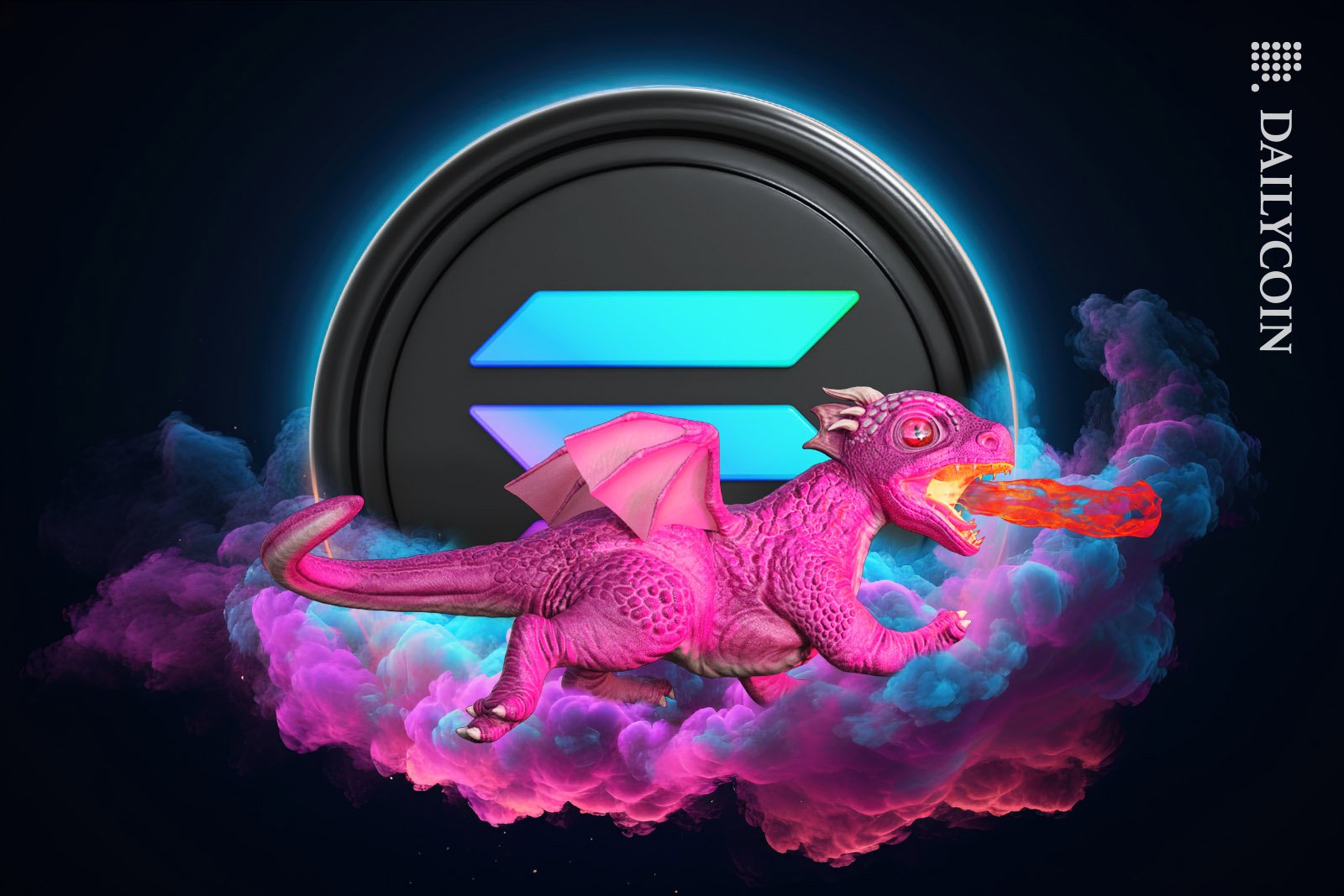
- Solana saw a significant price really over the last week.
- The likely cause is the buzz around Firedancer, an upcoming validator for Solana.
- Developed by Jump Crypto, Firedancer aims to bring new clients to Solana.
Since its inception, Solana has been banking on speed and scalability to drive its success. Some investors are now anticipating Solana to become even more scalable, thanks to Firedancer.
Sponsored
Solana recently experienced a 15% rally fuelled by the buzz around Firedancer, a new validator client. Developed by Jump Crypto, the new technology promises to bring Web2-like apps to Solana.

The potential of Firedancer has attracted attention from investors. In particular, over the week ending on Sunday, July 2, Solana (SOL) jumped from $16.5 to $19. The 15% rally indicates the market’s positive response to the ongoing expansion of the Solana ecosystem.
The Impact of Firedancer on Solana’s DeFi Ecosystem
Firedancer is a next-generation independent validator client for the Solana blockchain, designed by Jump Crypto. The team promises that the project will significantly enhance Solana’s DeFi ecosystem.
This new validator client is poised to improve the network’s performance and decentralization. Consequently, the validator can potentially boost Solana’s attractiveness for DeFi projects.
What is more, Firedancer also aims to diversify Solana’s client base. According to Messari, Firedancer opens up new possibilities by enabling Web2 applications on-chain. This would benefit high-throughput financial apps and consumer apps like social media.
Sponsored
As optimism runs high, Solana enthusiasts eagerly anticipate the potential impact of Firedancer on the platform’s future.
What Role Do Validator Clients Play in Blockchains Like Solana?
Validator clients, or consensus nodes, are crucial in blockchains like Solana. They help run the network by keeping track of all accounts on the Solana cluster and validating transactions being added to the network.
In the case of Solana, until the introduction of Firedancer, there was only one validator client, developed by Solana Labs. The introduction of Firedancer now provides an alternative, aiming to improve security, decentralization, and performance.
On the Flipside
- Solana is facing increased regulatory scrutiny in the US after US regulators named it in a lawsuit against Binance.
- Despite ongoing issues, Solana is gaining adoption in certain market segments. For instance, last week, Solana NFTs overtook Ethereum by daily transaction volume.
Why This Matters
The introduction of Firedancer is significant due to its potential impact on Solana’s DeFi ecosystem. The growth of its DeFi space will also impact Solana’s price.
Read more about Solana’s ambitious plans for crypto:
“Solana has Potential to Be Apple of Crypto”: Co-Founder Gokal Claims
Read more about Solana’s latest regulatory struggles:
Solana and Vitalik: Ethereum Founder Backs Rival Project vs. SEC
